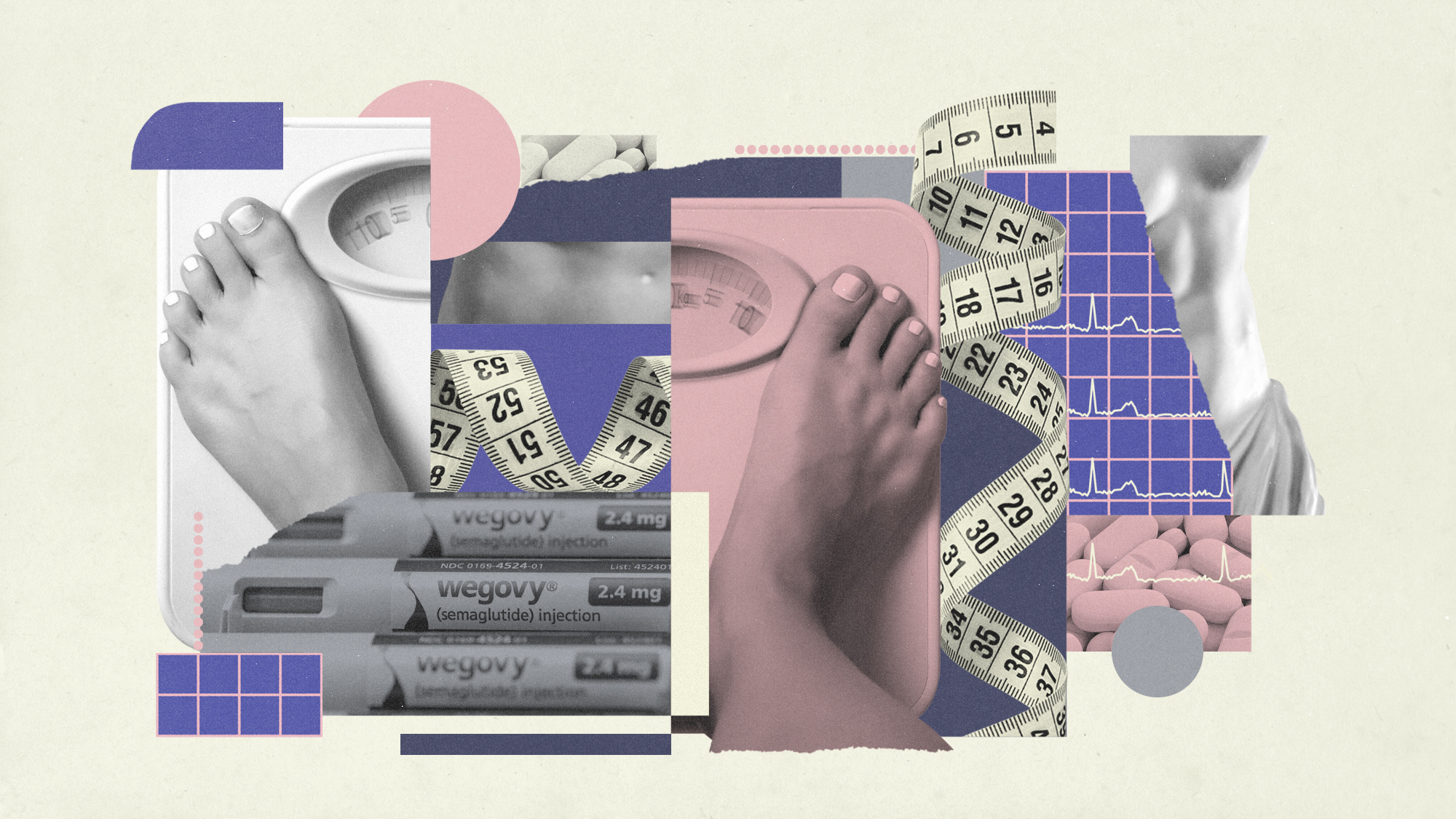Ban food on trains, says chief medical officer
Dame Sally Davies says snacking culture contributes to obesity

A free daily email with the biggest news stories of the day – and the best features from TheWeek.com
You are now subscribed
Your newsletter sign-up was successful
A ban on eating food on trains and buses is one of the measures which the Government should consider to tackle obesity, says the outgoing chief medical officer.
Professor Dame Sally Davies said: “It has crept up on us that we lead a much more snacking, grazing existence, that portions have got bigger, that marketing is all pervasive”, and urged action to turn the UK into “a society where it’s normal not to snack”.
Davies cited the example of Japan, “which is one of the least overweight of the rich nations... they don’t allow snacking and eating on local transport” and encouraged a similar ban in the UK, with exemptions only for water, breastfeeding and those with medical conditions.
The Week
Escape your echo chamber. Get the facts behind the news, plus analysis from multiple perspectives.

Sign up for The Week's Free Newsletters
From our morning news briefing to a weekly Good News Newsletter, get the best of The Week delivered directly to your inbox.
From our morning news briefing to a weekly Good News Newsletter, get the best of The Week delivered directly to your inbox.
The suggestion has predictably met with resistance. Christopher Snowdon, head of lifestyle economics at the Institute of Economic Affairs, told the The Telegraph: “The suggestion that it be a crime to eat a sandwich on a train brings Dame Sally’s tenure as Chief Medical Officer to a fittingly authoritarian conclusion.”
The Daily Mail says the suggestions from Britain’s “nanny-in-chief” are her “most radical proposals to date”.
Dame Sally says she was “horrified” that crisp and popcorn brands were allowed to sponsor shirts in a family-oriented cricket tournament. She is calling for a ban on unhealthy products sponsoring sports or advertising at large events.
She also suggests an upheaval of food taxation, with higher VAT rates applied to unhealthy foods and healthy ones exempted entirely. Currently, “it is too easy to make money from selling unhealthy food and too hard to make money from selling healthy food”, she said.
A free daily email with the biggest news stories of the day – and the best features from TheWeek.com
“All of these things are options and we need a lot of options because there’s no magic bullet.”
Health secretary Matt Hancock, who commissioned her report, said: “We will study the report and act on the evidence.”
Two-thirds of adults and a third of children are now overweight and the UK has the third highest obesity rate in Europe.
–––––––––––––––––––––––––––––––For a round-up of the most important stories from around the world - and a concise, refreshing and balanced take on the week’s news agenda - try The Week magazine. Get your first six issues for £6–––––––––––––––––––––––––––––––
-
 The ‘ravenous’ demand for Cornish minerals
The ‘ravenous’ demand for Cornish mineralsUnder the Radar Growing need for critical minerals to power tech has intensified ‘appetite’ for lithium, which could be a ‘huge boon’ for local economy
-
 Why are election experts taking Trump’s midterm threats seriously?
Why are election experts taking Trump’s midterm threats seriously?IN THE SPOTLIGHT As the president muses about polling place deployments and a centralized electoral system aimed at one-party control, lawmakers are taking this administration at its word
-
 ‘Restaurateurs have become millionaires’
‘Restaurateurs have become millionaires’Instant Opinion Opinion, comment and editorials of the day
-
 Obesity drugs: Will Trump’s plan lower costs?
Obesity drugs: Will Trump’s plan lower costs?Feature Even $149 a month, the advertised price for a starting dose of a still-in-development GLP-1 pill on TrumpRx, will be too big a burden for the many Americans ‘struggling to afford groceries’
-
 The battle of the weight-loss drugs
The battle of the weight-loss drugsTalking Point Can Novo Nordisk and Eli Lilly regain their former stock market glory? A lot is riding on next year's pills
-
 Food may contribute more to obesity than exercise
Food may contribute more to obesity than exerciseUnder the radar The devil's in the diet
-
 Why women are most at risk in Africa's obesity crisis
Why women are most at risk in Africa's obesity crisisUnder the Radar Stigma and lack of access to medication draws comparisons with HIV epidemic
-
 Why are people microdosing Ozempic?
Why are people microdosing Ozempic?In The Spotlight Tiny doses of the weight-loss drug can sidestep its unpleasant side effects, say influencers. But is customising the dose a good idea?
-
 Ozempic babies: a surprise side effect of weight loss drugs
Ozempic babies: a surprise side effect of weight loss drugsunder the radar Murmurs of unexpected pregnancies while taking semaglutide-based drugs are growing on social media
-
 Why Americans are getting shorter
Why Americans are getting shorterUnder the radar Wealth inequality handed the country's citizens the short end of the stick
-
 2023: the year of the weight-loss drug craze
2023: the year of the weight-loss drug crazethe explainer From celebs to social media, Ozempic was everywhere this year